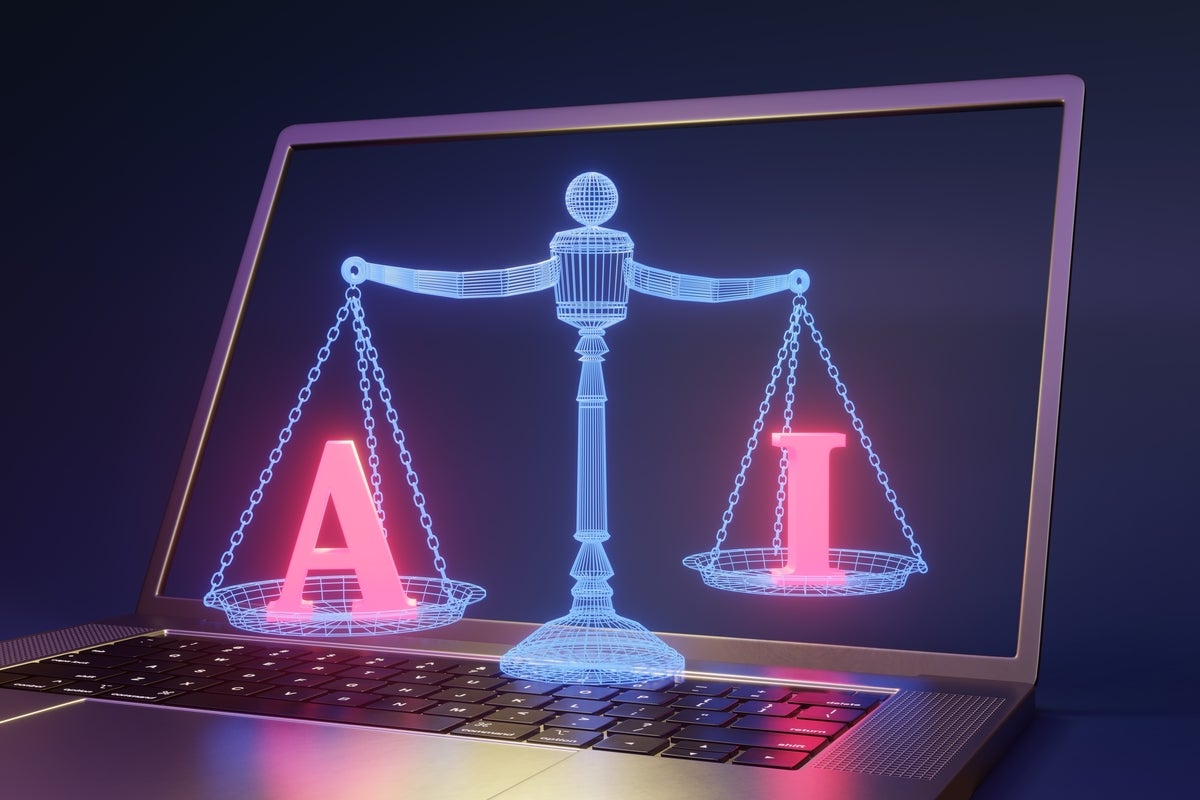The “voluntary commitments” from seven leading AI tech companies to help limit safety, security, and trust risks associated with their ever-evolving technologies aren’t worth the paper they could have been written on, according to tech industry experts.
On Friday, US President Joseph R. Biden Jr. said he met with representatives from Amazon, Anthropic, Google, Inflection, Meta, Microsoft, and OpenAI at the White House, and all committed to safety standards when developing AI technologies.
“The Biden-Harris Administration has secured voluntary commitments from these companies to help move toward safe, secure, and transparent development of AI technology,” a White House statement said. The agreements include “external” security testing of AI systems before their release, third-party discovery and reporting of vulnerabilities in their AI systems, and the use of watermarks to ensure users know when content is AI generated.
Despite the positive spin on the agreements from White House officials, they’re unlikely to do much to rein in Ai development.
“The latest Biden effort to control AI risks by gaining voluntary unenforceable and relatively vague commitments from seven leading AI companies is disappointing,” said Avivah Litan, a vice president and distinguished analyst at Gartner Research. “It is more evidence that government regulators are wholly unequipped to keep up with fast-moving technology and protect their citizenry from the potentially disastrous consequences that can result from malicious or improper use.”
In May, the Biden Administration met with many of the same AI developers and rolled out a so-called “AI Bill of Rights” for US citizens; those non-binding guidelines were an effort to offer guidance and begin a conversation at the national level about real and existential threats posed by generative AI technologies such as OpenAI’s ChatGPT.
The White House has also indicated it is working on an executive order and pursuing bipartisan legislation to further responsible innovation and control the ability of China and other competitors to obtain new AI technology programs and their components, according to the The New York Times.
The executive order is expected to create new restrictions on advanced semiconductors and control the export of the large language models (LLMs). LLMs are computer algorithms that processes natural language inputs and independently generate images, video, and written content.
Ritu Jyoti, an IDC vice president of AI and Automation research, said that while the assurances from AI firms is a “great start,” they must evolve into more concrete actions globally “and hopefully [the] White House’s forthcoming executive order will better serve the commitments and have the impact we are looking for.”
China has already released a comprehensive set of rules around the responsible public use of generative AI that become effective in August, representing much faster…
2023-07-25 15:24:03
Original from www.computerworld.com rnrn
